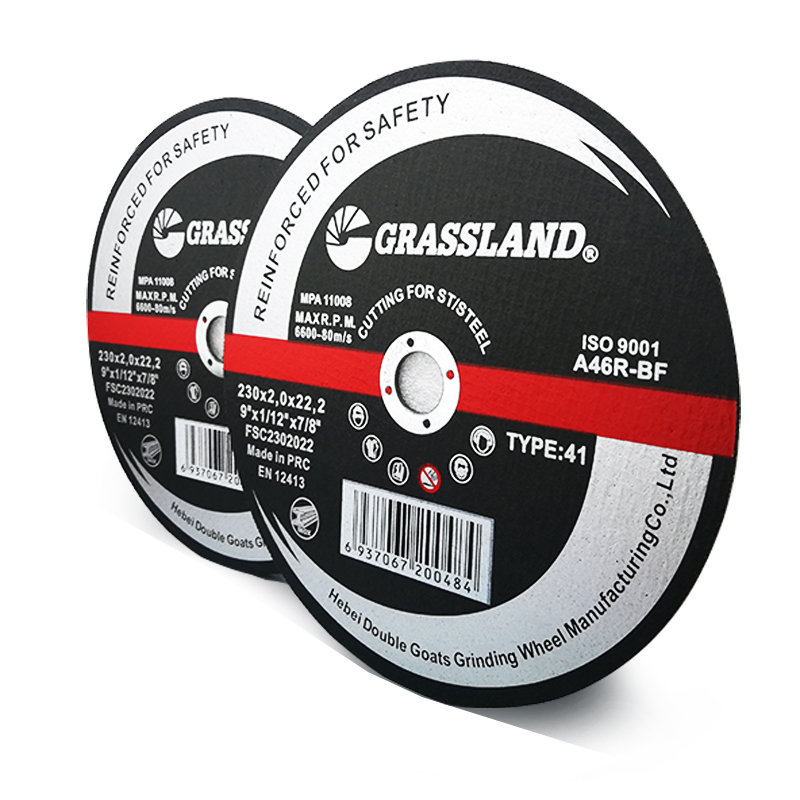Understanding Custom Grinding Wheels A Comprehensive Guide
Grinding wheels are essential tools in various industries, particularly in manufacturing and metalworking. They play a crucial role in shaping, sharpening, and finishing surfaces. While standard grinding wheels are widely available, custom grinding wheels offer tailored solutions that can enhance performance and efficiency for specific applications. In this article, we’ll delve into what custom grinding wheels are, their benefits, applications, and considerations when choosing one.
What Are Custom Grinding Wheels?
Custom grinding wheels are specialized grinding tools designed according to specific user requirements. Unlike generic grinding wheels that cater to common applications, custom wheels are engineered to meet the unique needs of a particular task or operation. This customization can involve alterations in size, shape, abrasive material, bonding agent, and other parameters, ensuring optimal performance for specialized applications.
Benefits of Custom Grinding Wheels
1. Enhanced Performance With custom grinding wheels, users can achieve superior material removal rates and surface finishes tailored to their needs. The specific abrasives and bond types can significantly impact efficiency and effectiveness, leading to faster machining times.
2. Improved Tool Life Custom wheels are designed to withstand the specific stresses and temperatures encountered in particular grinding operations. This durability leads to extended tool life, reducing the frequency of replacements and maintenance.
3. Cost Efficiency Although the initial investment in custom grinding wheels may be higher compared to off-the-shelf options, the long-term cost savings can be substantial. Enhanced performance and tool longevity mean lower operational costs and reduced downtime.
4. Precision and Quality Custom grinding wheels can be designed to meet stringent tolerances, resulting in high-quality finishes on workpieces. This precision is vital in industries such as aerospace, automotive, and medical devices, where quality is non-negotiable.
5. Versatility Custom grinding wheels can be adapted for various materials, including hard metals, ceramics, and composites. This versatility allows manufacturers to use a single type of wheel for multiple applications, simplifying inventory management.
Applications of Custom Grinding Wheels
Custom grinding wheels find applications in a wide range of industries
custom grinding wheels

- Aerospace Custom wheels are essential for grinding turbine blades, landing gear components, and other critical parts that require high precision and strength
. - Automotive In automotive manufacturing, custom grinding wheels are used for the finishing of gears, crankshafts, and engine components, ensuring that they meet the required specifications for performance and durability.- Tool and Die Making Toolmakers often require custom grinding wheels to create and maintain cutting tools and molds with precise geometries.
- Medical Devices The production of surgical instruments and implants demands precision finishes that custom grinding wheels can provide.
Considerations for Choosing Custom Grinding Wheels
When selecting custom grinding wheels, several factors should be considered
1. Material Understand the material you will be grinding. The wheel’s abrasive type—such as diamond, aluminum oxide, or silicon carbide—should align with the material's properties for optimal performance.
2. Bond Type The bond (resin, vitrified, metal, or rubber) affects the wheel's performance and lifespan. It’s essential to choose the right bond to suit your grinding conditions.
3. Size and Shape Determine the appropriate dimensions and shape of the wheel based on the specific grinding application to ensure compatibility with your machinery.
4. Grit Size The grit size impacts the finish quality and material removal rate. Consider what grit size will be most effective for your grinding requirements.
5. Operating Conditions Evaluate the conditions under which the grinding wheel will operate, including speed, pressure, and temperature. Custom wheels can be designed to withstand specific operational stresses.
Conclusion
Custom grinding wheels are vital tools that cater to the specific needs of users across various industries. By tailoring performance characteristics to meet unique requirements, these wheels enhance efficiency, improve tool life, and ensure precision. When selecting a custom grinding wheel, it’s essential to consider factors such as material, bond type, size, grit, and operating conditions. Investing in custom solutions can yield significant long-term benefits in terms of performance and cost efficiency in your grinding operations.
Post time:Dec - 12 - 2024

















